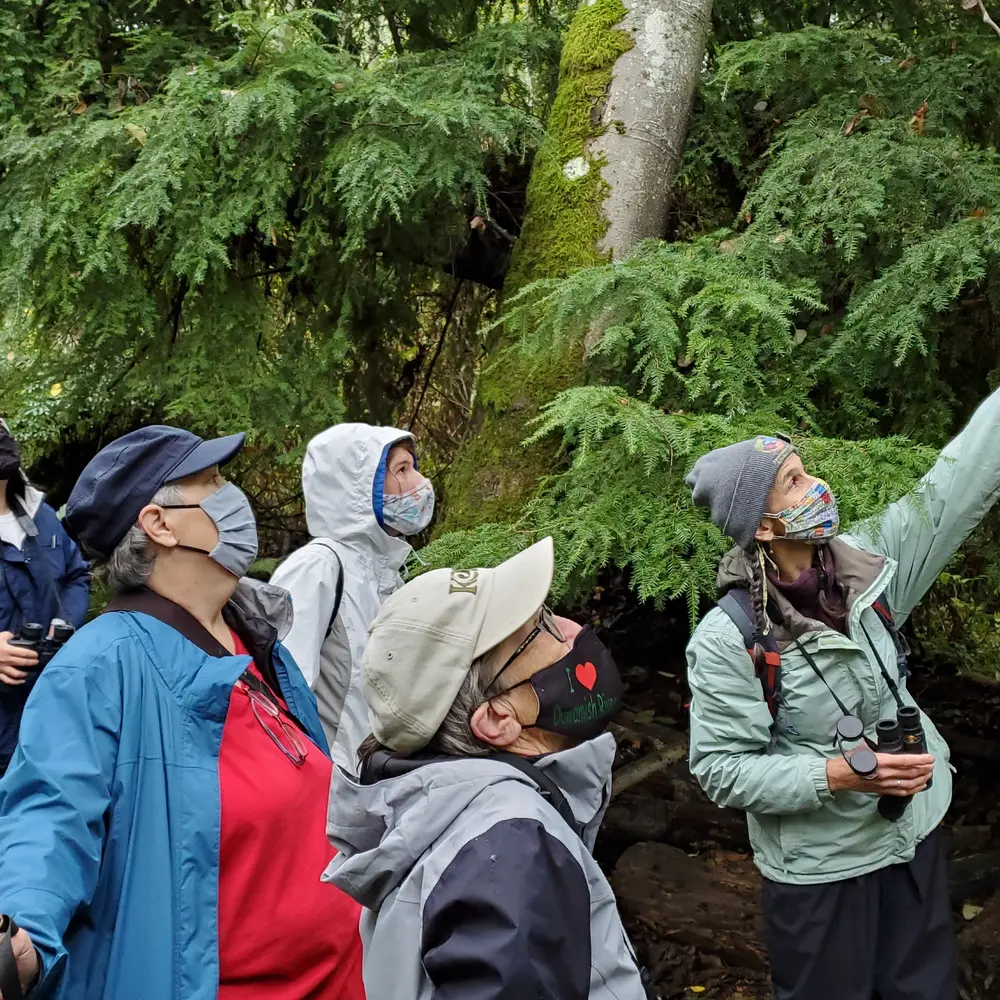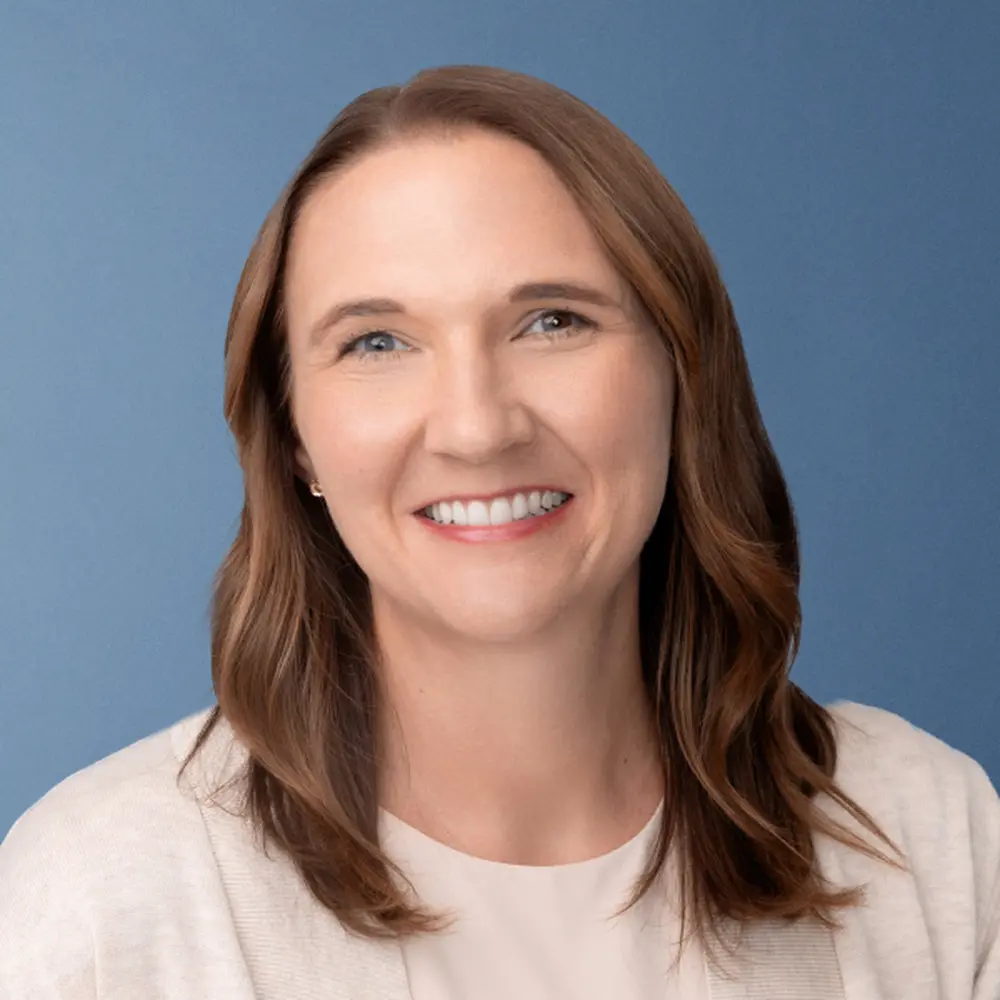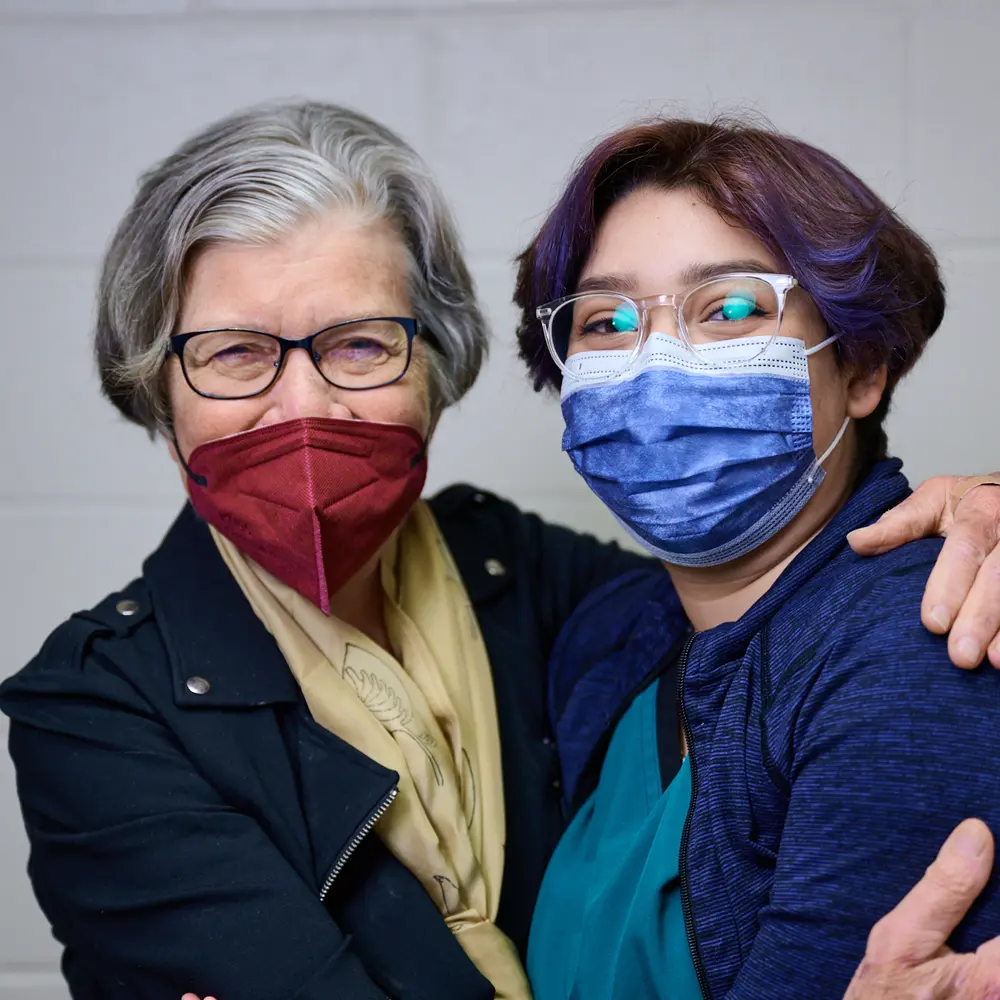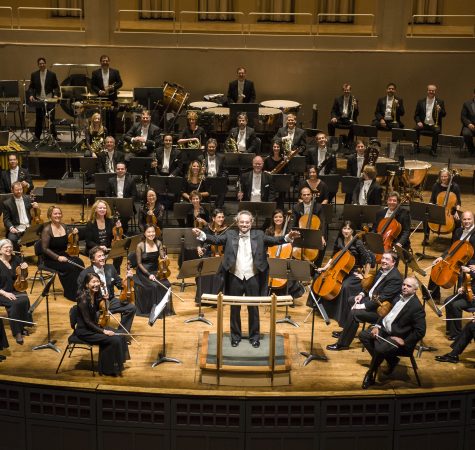Capacity Building: Rural Oregon and Southwest Washington is a two-year teaching and mentorship initiative that supports 16 arts and culture nonprofits in the Pacific Northwest. A partnership between 11 local nonprofit foundations and the DeVos Institute of Arts Management at the University of Maryland, the curriculum is designed to help nonprofits more effectively navigate the challenges of organizational management—from launching new programs to working through leadership transitions to significant resource or real estate transactions to establishing financial stability.
Michael M. Kaiser, former President of the John F. Kennedy Center for the Performing Arts and Chairman of the DeVos Institute of Arts Management at the University of Maryland, is one of the two minds leading this initiative alongside Brett Egan, Institute President. In today’s guest post, Michael shares valuable insight into how the arts play a vital role in establishing a sense of community and helping our region flourish and thrive.
By Michael M. Kaiser
Americans for the Arts, a national advocacy organization, recently published a survey on the arts: Americans Speak Out about the Arts. It was filled with important and good news for those of us who believe that the arts are a critical component of a healthy society. Respondents overwhelmingly said that the arts are critical to the health of their communities and that participating in the arts was a critical part of their lives.
I was particularly struck by the finding that over 70% of respondents said that the arts unify communities regardless of age, race or ethnicity. At a time when Americans feel more divided than ever, when our political discourse is separating us, and when collaboration is viewed as weakness, the unifying power of the arts is clearly valued. This should not be surprising.
Today, in an age dominated by cell phones and iPads, Twitter and Facebook, there are few opportunities for community engagement and truly social activity. It is ironic that we call online communication tools
‘social media’ since the way we employ them is anything but social. People are glued to their phones, separated by their headsets and immersed in the latest Netflix offering, or obsessively sharing tidbits with those who share their same beliefs. Fewer people are going to church and even sporting events are attracting smaller attendance. That is why sports stadiums are getting smaller. When we bring an audience together for a concert or play or opera or ballet, we feel the increasingly rare thrill and privilege of being united and part of a larger society.
The social nature of the arts fosters enjoyment, shared experience and, even, disagreement.
In fact, the arts allow us to engage in mature and healthy debate and to learn from and about each other and to do so in positive, inspiring and, often, joyful ways. The Americans for the Arts survey revealed that 73% of Americans agree that the arts “help me understand other cultures better,” an increase of 11% from 2015. When the Kennedy Center mounted a major festival of Arab culture in 2009, 96% of the tickets available were sold. The art presented was not familiar but it was rich and engaging and entertaining and people clamored for tickets.
From the time of the court jester, the arts also allowed us to talk truth to power. This is why one of the first acts of most despots is to restrict the freedom of artistic expression. In the 1920’s, the Nazis named much modern art ‘Degenerate art’ – and had important pieces removed from German museums. The leaders of Russia, during the Communist era, routinely censored art and artists; the freedom to express oneself was too threatening to the ruling regime.
But artists have been smart and, of course, creative. Despite restrictions they have found ways to make their case. The great French writer, Beaumarchais, used the story of a simple barber and a powerful count to make the case for the French Revolution. His Barber of Seville (followed by the Marriage of Figaro) are not simply the stories upon which great operas were based; they are important statements about the inappropriate use of power from 250 years ago that led to huge societal change.
More recently, the Market Theatre of Johannesburg, South Africa, played a substantial role in educating the world about the horrors of apartheid. The plays of Athol Fugard, notably “Master Harold...And the Boys,” toured Europe and the United States and made a far more personal, and impactful, impression about the need for change in South Africa than any political speech or screed. It is not overstatement to say that the Market Theatre, and its founder Barney Simon, played a pivotal role in the landmark changes in South Africa in the mid-1990’s.
As a first hand observer of the work of the Market Theatre at that time, I can attest to the courage of its leaders and their determination to use the arts to bring together their own community to encourage change.
The social power of the arts is matched by their economic power. Over 85% of Americans recognize that the arts play a major role in the economic health of our communities. Anyone who questions this should visit Grand Rapids during its remarkable ArtPrize event when thousands of artists display their work and the public is invited to vote for their favorites. Every hotel room in town is booked and every restaurant is filled. Not only is virtually every conversation centered on contemporary art but the program creates true economic value.
Yet too many people do not have access to the arts and too many arts organizations do not have the resources to fully accomplish their missions. Building programming in the arts, and the revenue stream needed to fund this programming, is not simple. And too many arts managers and board members do not have the tools needed to do so. That is why the DeVos Institute of Arts Management at the University of Maryland, with our partners like the M. J. Murdock Charitable Trust, are committed to bringing comprehensive arts management training to arts leaders across the nation. We are convinced that the arts are important, that access to the arts is essential for healthy communities and that artists play vital roles in our democracy.
The next time someone says that ‘the arts are a luxury’ please argue back.
We need the arts today more than ever.
And the good news is that the large majority of Americans know it!
The post The Arts: a vital part of community and democracy appeared first on M. J. Murdock Charitable Trust.








